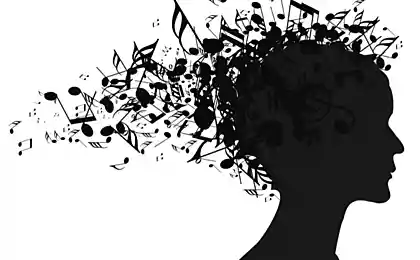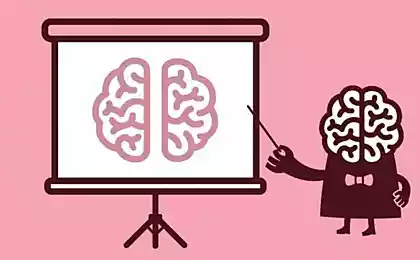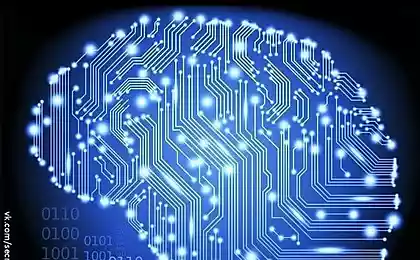677
How Music Affects Our Brains: From Mozart to Rock
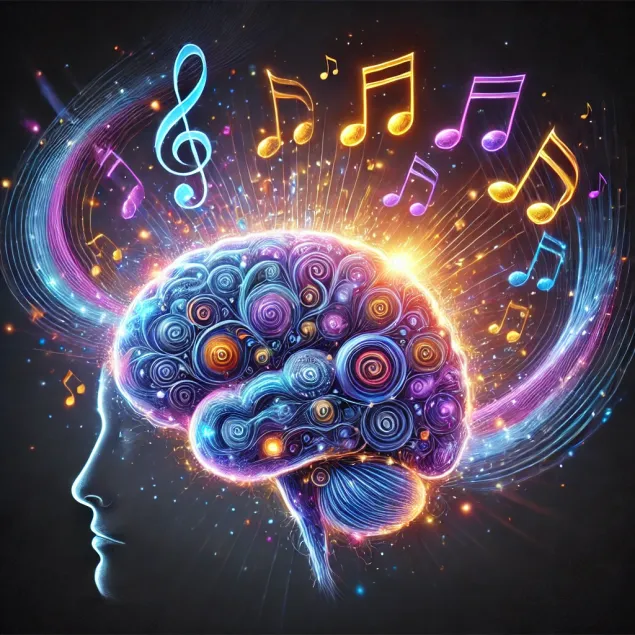
Music as the universal language of the brain
Music is not just a collection of sounds. It is a powerful tool that can affect our mood, memory, attention and even cognitive abilities. Since ancient times, people have used music for rituals, healing and self-expression. But how exactly does it affect our brain? Why do some tunes soothe and others energize?
In this article, we look at how different genres of music – from classics to rock – affect our brains, drawing on modern scientific research and experimentation.
1. Mozart Effect: Myth or Reality?
In 1993, researchers published a paper claiming that listening to Mozart’s music improved spatial thinking. This phenomenon is called the Mozart Effect. Although some scientists later questioned the universality of this effect, studies have confirmed that classical music may indeed temporarily improve cognitive function.
Why is this happening? Classical music, especially with clear structure and harmony, activates areas of the brain responsible for attention and memory. It also lowers levels of cortisol, a stress hormone.
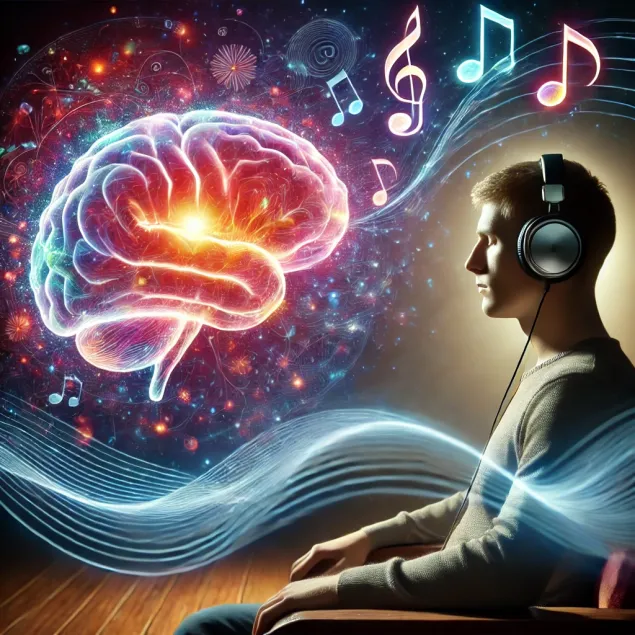
Interesting facts:
- The Mozart effect lasts about 10-15 minutes.
- Classical music improves concentration in students during their studies.
- Mozart and Bach are considered the most effective composers for cognitive improvement.
2. Rock Music: Energy or Stress?
Rock music is often associated with energy and a rebellious spirit. But how does it affect the brain? Research suggests that rock can both raise adrenaline levels and cause stress, especially if the music is too loud or aggressive.
For many people, rock music is a way to deal with emotions. For example, listening to your favorite rock songs can reduce anxiety and improve your mood. This is due to the release of dopamine, the pleasure hormone.
Interesting facts:
- Rock music increases activity in areas of the brain associated with emotions.
- Loud music can temporarily reduce your ability to concentrate.
- Many rock musicians use complex harmonies that stimulate the brain.
3. Jazz and improvisation: training for the brain
Jazz, especially improvisational, is a unique genre that makes the brain work at full capacity. Studies have shown that during improvisation, musicians activate brain regions responsible for creativity and self-expression.
For listeners, jazz can be a great way to stimulate imagination and improve cognitive flexibility. This is especially useful for people who are engaged in creative work.
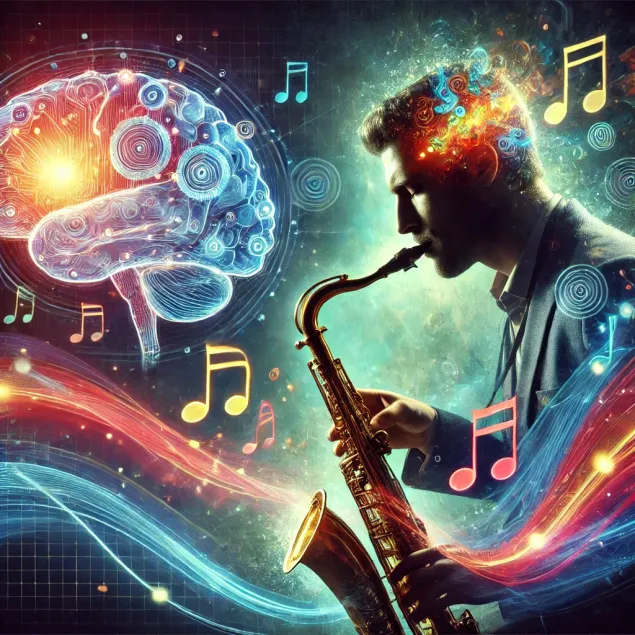
Interesting facts:
- Improvisation activates the prefrontal cortex.
- Jazz improves the ability to multitask.
- Listening to jazz can reduce stress levels.
4. Electronic music: rhythm and concentration
Electronic music, especially with repetitive rhythms, is often used to improve concentration and productivity. Research suggests that such rhythms can synchronize with brain waves, which helps focus.
However, not all electronic music is equally useful. Too fast or chaotic tracks can be distracting. It is important to choose music that suits your purpose.
Interesting facts:
- Rhythms of electronic music can improve attention.
- Music without words is less distracting when working.
- Electronic music is often used in meditation.
5. How to Use Music to Improve Your Life
Now that we know how music affects the brain, let’s take a look at how this knowledge can be used in everyday life.
- For study: Choose classical music or instrumental compositions without words.
- For training: Rock or electronic music will help to maintain energy and motivation.
- To relax: Jazz or slow classical tunes will reduce stress levels.
- For creativity: Experiment with different genres to find inspiration.
Music as the key to our brain
Music is not just art. It is a powerful tool that can affect our mood, memory and cognitive abilities. From classics to rock, each genre has its own unique properties that can be used to improve the quality of life.
Experiment, listen to different styles and find what works for you. Music is not only a pleasure, but also a key to understanding our brains.
Mysteries of ancient civilizations: what we still can not explain
10 books that will change your view of the world

